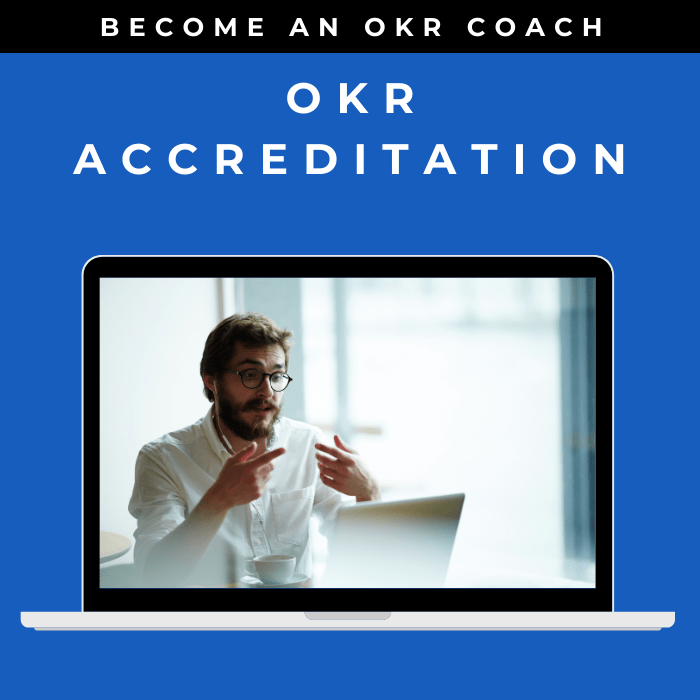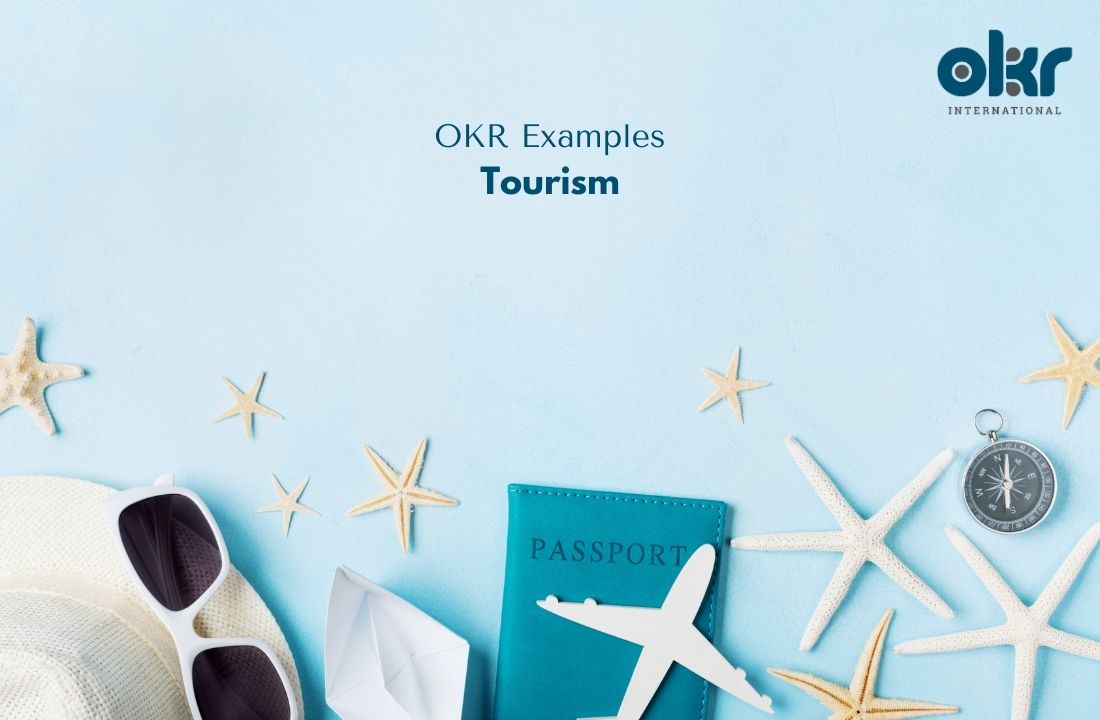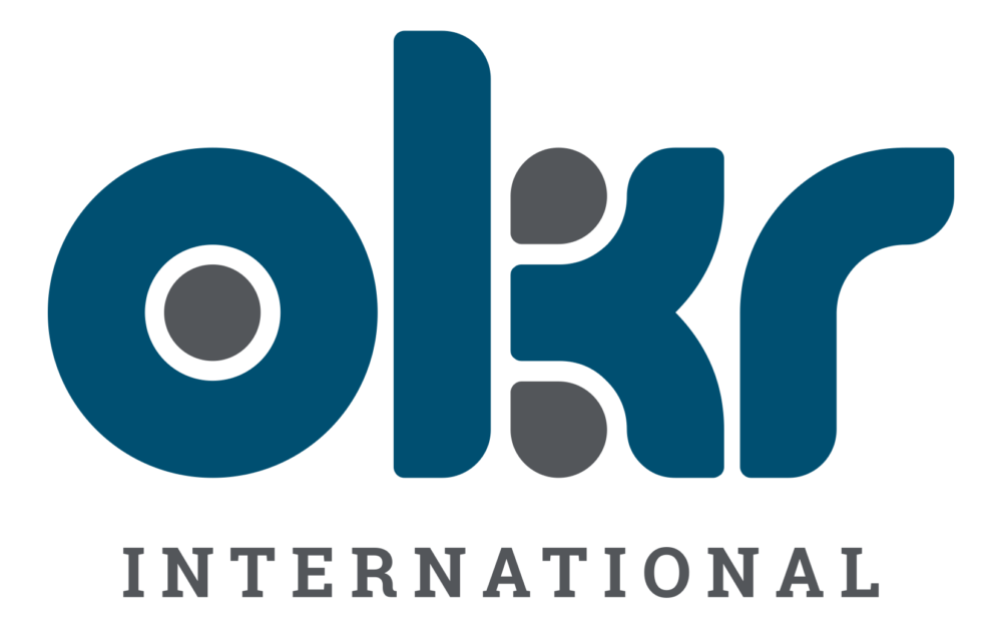10 Valuable OKR Examples in Tourism
The tourism industry is characterized by fluctuating customer needs, intense competition, and the pressing need for sustainable practices. For organizations in this sector, Objectives and Key Results (OKRs) can serve as a potent tool for establishing strategic goals, fostering growth, and securing a competitive edge. Here, we present ten valuable OKR examples for the tourism sector, offering key insights for businesses aiming to enhance their performance and outshine competitors.
1. Improving Tourist Satisfaction
Objective: Enhance tourist satisfaction to exceed expectations and industry standards.
Key Results:
- Increase tourist satisfaction scores by 20% in the next six months.
- Implement advanced customer service training for 80% of tour guides by the next quarter.
- Ensure 90% of tourist feedback is positive within the next three months.
2. Expanding Tour Offerings
Objective: Broaden tour offerings to promote business growth.
Key Results:
- Develop 15% more new tours in the next year.
- Increase market penetration in under-served tourist spots by 30% within the next six months.
- Maintain a 90% tour booking rate within the next quarter.
3. Promoting Sustainable Tourism
Objective: Incorporate sustainability into tourism practices.
Key Results:
- Reduce carbon emissions by 20% in the next year.
- Implement eco-friendly practices in 50% of tour operations in the next six months.
- Achieve an 80% tourist appreciation rate for sustainability initiatives in the next quarter.
4. Ensuring Compliance with Tourism Regulations
Objective: Maintain compliance with tourism regulations and ethical standards.
Key Results:
- Decrease compliance issues by 30% within the next six months.
- Train 100% of the workforce on new ethical standards within the next quarter.
- Achieve a 100% pass rate on all compliance audits in the next fiscal year.
5. Enhancing Employee Engagement
Objective: Improve employee engagement to reduce turnover and boost productivity.
Key Results:
- Increase employee engagement scores by 25% in the next year.
- Implement advanced employee engagement programs for 85% of the workforce in the next six months.
- Attain a 90% employee satisfaction rate with engagement initiatives in the next quarter.
6. Fostering Innovation in Tourism
Objective: Cultivate innovation to provide unique tourist experiences.
Key Results:
- Introduce three innovative tour packages within the next year.
- Increase the number of innovation-driven initiatives by 20% in the next six months.
- Achieve an 80% tourist satisfaction rate with the innovation in tour offerings in the next three months.
7. Strengthening Partnerships with Local Communities
Objective: Consolidate partnerships with local communities for sustainable tourism development.
Key Results:
- Establish 10 new partnerships with local communities in the next year.
- Implement community benefit programs in 50% of tour operations within the next six months.
- Achieve a 90% satisfaction rate among partnered communities in the next quarter.
8. Reducing Operational Costs
Objective: Lower operational costs for higher profitability.
Key Results:
- Reduce operational waste by 20% in the next year.
- Implement cost-saving initiatives across 80% of operations within the next six months.
- Achieve a 10% reduction in overall operational costs in the next quarter.
9. Improving Tourism Knowledge Management
Objective: Optimize tourism knowledge management for better decision-making and service delivery.
Key Results:
- Increase utilization of knowledge management systems by 30% within the next six months.
- Implement a data-driven knowledge management system across the organization in the next quarter.
- Achieve an 85% satisfaction rate with knowledge management within the next three months.
10. Enhancing Traveler Relationships
Objective: Develop stronger relationships with travelers through improved communication and service.
Key Results:
- Increase traveler engagement scores by 25% in the next year.
- Decrease traveler complaints by 20% in the next six months.
- Achieve an 85% traveler retention rate in the next quarter.
By adopting these OKR examples, tourism companies can enhance their service delivery, stimulate growth, and foster innovation. These strategic objectives are crucial in overcoming the challenges of this dynamic industry, contributing to business success, and delivering superior customer satisfaction.
FAQs
1. What are valuable OKRs in the tourism industry?
Valuable OKRs in the tourism industry are strategic objectives and key results that lead to significant improvements and stimulate innovation. They focus on areas like tourist satisfaction, tour offering expansion, sustainability, regulatory compliance, employee engagement, innovation, community partnerships, cost reduction, knowledge management, and traveler relationships.
2. How can valuable OKRs drive growth in the tourism industry?
Valuable OKRs can spur growth in the tourism industry by setting objectives related to tourist satisfaction, tour offering expansion, and innovation. By monitoring key results and making necessary improvements, tourism companies can enhance their performance, meet traveler expectations, and achieve sustainable growth.
3. Why is sustainability important in the tourism industry?
Sustainability is crucial in the tourism industry to meet environmental regulations, traveler expectations, and market trends. Valuable OKRs related to sustainability help companies adopt eco-friendly practices, reduce their carbon footprint, and make a positive contribution to the environment.
4. How can innovation contribute to success in the tourism industry?
Innovation can contribute to success in the tourism industry by enhancing tour offerings, improving efficiency, and facilitating data-driven decision-making. Valuable OKRs related to innovation help companies leverage emerging technologies and practices to improve service delivery and provide innovative solutions.
5. How does improved knowledge management benefit the tourism industry?
Improved knowledge management benefits the tourism industry by optimizing decision-making, enhancing service delivery, and fostering continuous learning. Valuable OKRs related to knowledge management help companies manage information effectively, implement data-driven knowledge systems, and increase operational efficiency.

When looking to set OKRs, it’s natural to want examples to ignite the thought process or simply compare yours to OKR Examples. Check out our compendium of OKR Examples here.
Explore Our Range of Services
Bring OKRs (Objectives and Key Results) to your organisation with our tried & tested OKR Framework.


OKR International’s highly acclaimed Certified OKR Practitioner Program is the first and only OKR accreditation endorsed by ICF & HRCI for continuing education units.
OKR International helps leaders create the alignment, engagement and result orientation needed for growth by offering OKR Advisory services.




